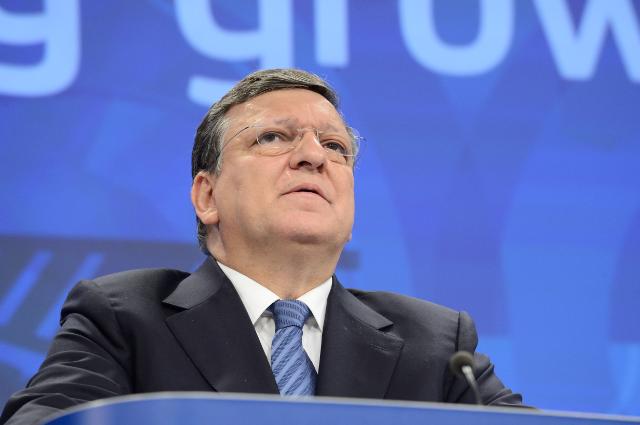The report on destitution in the world covers the period 2004-1012 and lists the principal objectives met and those to be obtained. President Barroso: “eradicating poverty by the next generation is possible”
 In the last 10 years, through European Union funding, nearly 14 million students were able to attend elementary school, more than 46 million people benefited from economic contributions or resources to support food security, and more than 7.5 million births were assisted by qualified health workers, thus helping save the lives of mothers and children. This is just some of the data published yesterday by the European Commission on the results obtained by the European Union in the fight against global poverty.
In the last 10 years, through European Union funding, nearly 14 million students were able to attend elementary school, more than 46 million people benefited from economic contributions or resources to support food security, and more than 7.5 million births were assisted by qualified health workers, thus helping save the lives of mothers and children. This is just some of the data published yesterday by the European Commission on the results obtained by the European Union in the fight against global poverty.
The report covers the period 2004-2012 and comes out precisely a few days prior to a United Nations event in New York, during which the elaboration of an operative global agenda for post-2015 development and strategy on how to stimulate a new initiative against poverty will be discussed. José Manuel Barroso, President of the European Commission, will attend the event and will be accompanied by the Commissioner for Development, Andris Piebalgs and the Commissioner for the Environment, Janez Potočnik.
Regarding the EU’s commitment on the battle against destitutions, President José Manuel Barroso declared: “The world has made tremendous progress in the fight against poverty and we must be proud of the EU’s contribution to this great success. I firmly believe that eradicating poverty within the next generation is possible. My vision is that of a world where everyone lives in dignity and prosperity with access to drinkable water and hygienic sanitary services, to energy as well as education and healthcare, a world in which fundamental human rights are universally respected and where development is sustainable.”
In 2010 Presidente Barroso announced the EU’s commitment in a special European initiative of a billion Euro to help countries reach some of the furthest objectives – hunger, maternal health, child mortality and access to water and sanitation. Today, nearly 50 countries receive aid thanks to this endeavor.
The EU’s commitment, nonetheless, is focused above all on the future and in particular after 2015. Regarding the importance of the challenge against poverty in the long run, Commissioner Andris Piebalgs affirmed: “The EU is the main benefactor in the world and our job really made the difference for the lives of millions of people. We will continue to do as much as possible to guarantee that the Millennium Development Goals (MDG) are reached by 2015. I expect that in New York the international community will reach an agreement for a program that continues the current efforts against poverty after 2015 and confront the future challenges of sustainable development. The European Union is determined to contribute to guaranteeing a dignified life for everyone by 2030 and beyond.”
Marco Frisone
For further information on the Millennium Development Goals (MDG) and the agenda for post-2015 global development: http://europa.eu/rapid/press-release_MEMO-13-809_en.htm










![L'assemblea della Repubblica è il Parlamento del Portogallo [foto: Sharon Hahn Darlin/Wikimedia Commons]](https://www.eunews.it/wp-content/uploads/2025/05/Assemblea-Portogallo-120x86.jpg)

